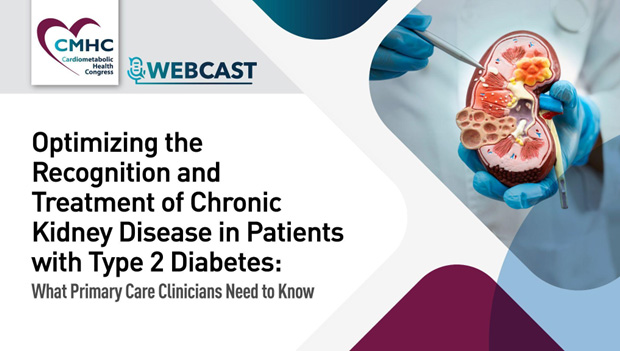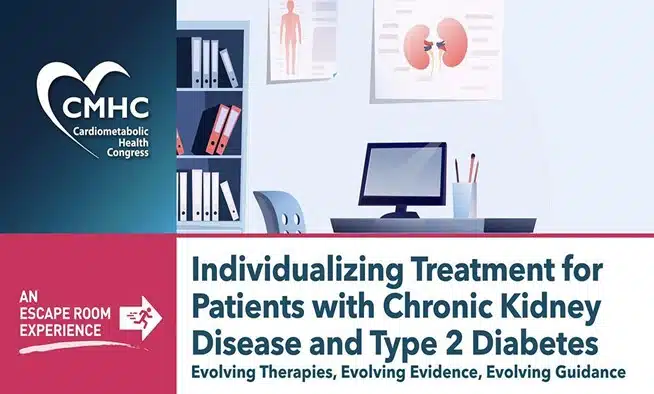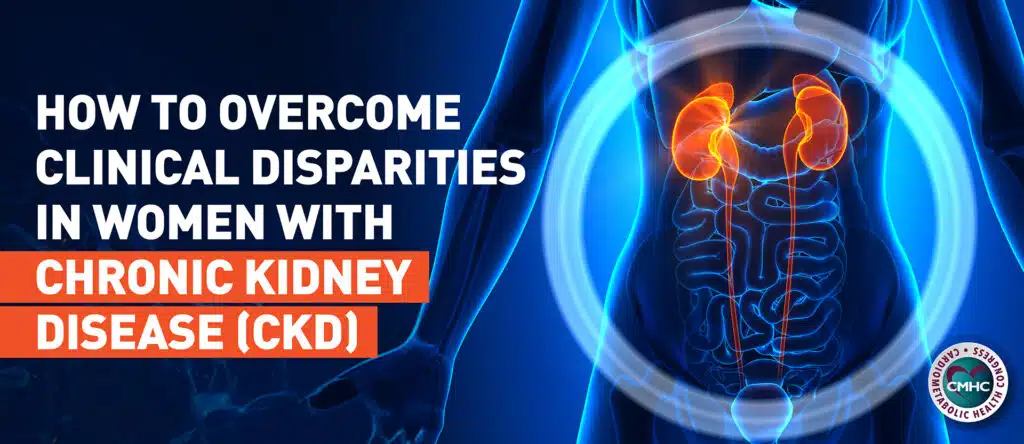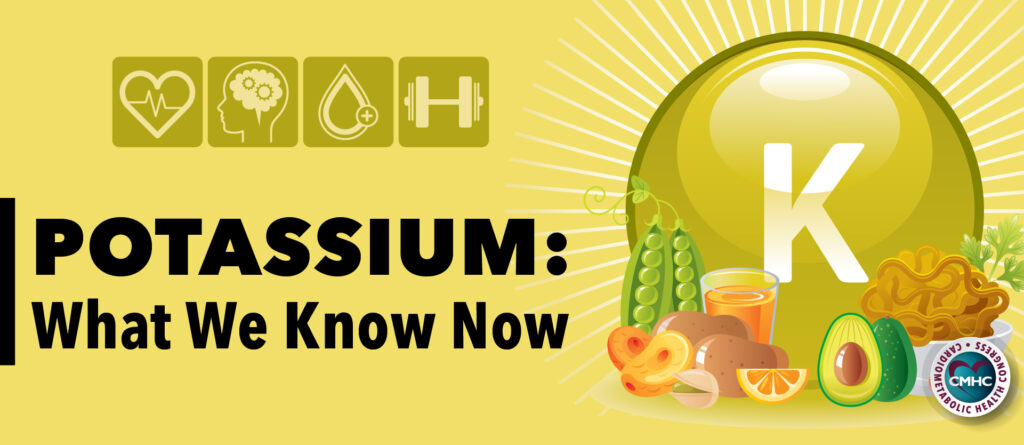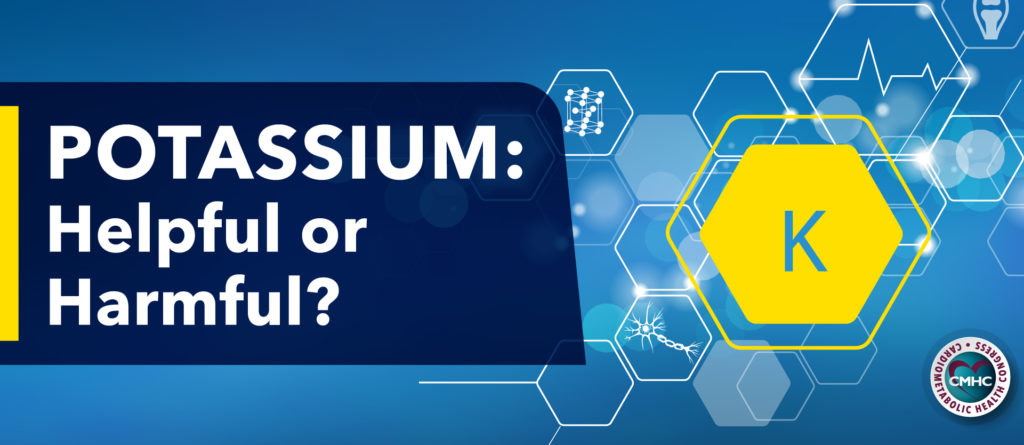The gradual loss of renal function related to cardiometabolic decline is the body’s response to inflammation, high blood pressure, obesity, tobacco and alcohol use, uncontrolled blood glucose, and other acquired (noncongenital) and lifestyle factors. Therapeutic options to preserve kidney function can slow disease progression and reduce burden.
CME/CE Activities
News Digest
5 Simple Ways to Improve Cardiorenal Care in 2024
How To Overcome Clinical Disparities in Women with Chronic Kidney Disease (CKD)
Cardiometabolic Health Congress (CMHC) To Host DIETARY STRATEGIES FOR REVERSING TYPE 2 DIABETES: Advances, Perspectives, and Expert Discussions Live Webinar in Honor of the Late Dr. Sarah Hallberg
Cardiometabolic Health Congress Becomes First Organization to Offer Certification in Cardiometabolic Health
Cardiometabolic Health Congress (CMHC) Launches Focused Digital Education Hubs
Cardiometabolic Health Congress Hosts 2023 Women’s Masterclass in California
Potassium: What We Know Now
Potassium: Helpful or Harmful?
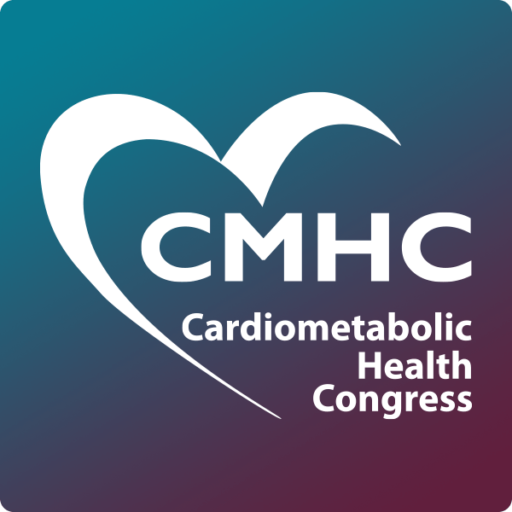
article
Cardiometabolic Disease

article
Cardiometabolic Disease

article
Chronic Kidney Disease

article
Atherosclerosis/Thrombosis
Expert Highlights and Perspectives
Iron Deficiency Anemia in Non-Dialysis Dependent Chronic Kidney Disease- An Overview

Watch Dr. Gutierrez discuss:
- The interplay between IDA and CKD
- Burden of ID and IDA on patients with NDD-CKD
- Overview of iron physiology
Recognizing IDA in NDD CKD Challenges, Current Recommendations, and Emerging Approaches

Watch Dr. Kelepouris discuss the following points:
- Signs of symptoms of IDA
- Challenges of identifying IDA in NDD-CKD
- Initial evaluation of IDA
- Current measures: TSAT, serum ferritin, others
- What do the kidney guidelines say about screening/diagnosis of IDA
IV Iron Therapy for Non-dialysis CKD

Watch Dr. Kalantar-Zadeh highlighting the following points:
- Current challenges in the treatment of IDA in NDD-CKD
- Different modalities for iron repletion in NDD-CKD patients with IDA
- Available iv iron agents for IDA in NDD-CKD
Challenging Cases in NDD-CKD Patients With IDA



Watch the following three cases where Drs. Gutierrez, Kelepouris, and Kalantar-Zadeh discuss the practical management of an NDD-CKD patient with IDA.
Interpreting New Evidence with Novel Non-Steroidal MRA's for Cardiorenal Risk Reduction



Watch the experts share some highlights including:
New and ongoing studies with novel non-steroidal MRAs in addressing cardiorenal risk, including in patients with heart failure and in those with non-diabetic kidney disease.
Evaluating the Risk For DKD Progression


Watch the experts share some highlights including:
- Early recognition and screening for DKD
- Monitoring kidney function
- Risk factors for DKD progression
The Rationale For Non-Steroidal MRAS In DKD


Watch the experts share some highlights including:
- Differentiating between steroidal and non-steroidal MRAs
- Adverse events and limitations with steroidal MRAs in DKD
- Advantages of finerenone in DKD
- The overview of kidney results of the FIDELIO trial
The Cardiovascular Benefits of Finerenone


Watch the experts share some highlights including:
- The interplay between the kidney and heart
- CVD benefits of finerenone: analysis from the FIDELIO trial and ongoing CVD studies with finere none
- How does finerenone fit within the context of SGLT-2is
Finerenone: Putting the Data Into Context

Watch the experts share some highlights including:
- Finerenone in the context of existing treatments
- Clinical pearls for incorporating finerenone to the DKD treatment armamentarium in the near future
Resources
Clinical Brief
Challenges and Advances in Diabetic Kidney Disease - coverage from a 2021 Annual Symposium
Infographic
The Challenge of Slowing Diabetic Kidney Disease Progression and Reducing Cardiovascular Risk: Recent Advances and Novel Strategies
Finerenone - Mechanism of Action
Watch Now
KDIGO Guidelines: Diabetes in CKD
Read More >
2023 Standards of Medical Care in Diabetes
Read More >
Drug Pipelines
CKD = chronic kidney disease; ESKD = end-stage kidney disease; HIF-PH = hypoxia-inducible factor prolyl hydroxylase; type 2 diabetes


